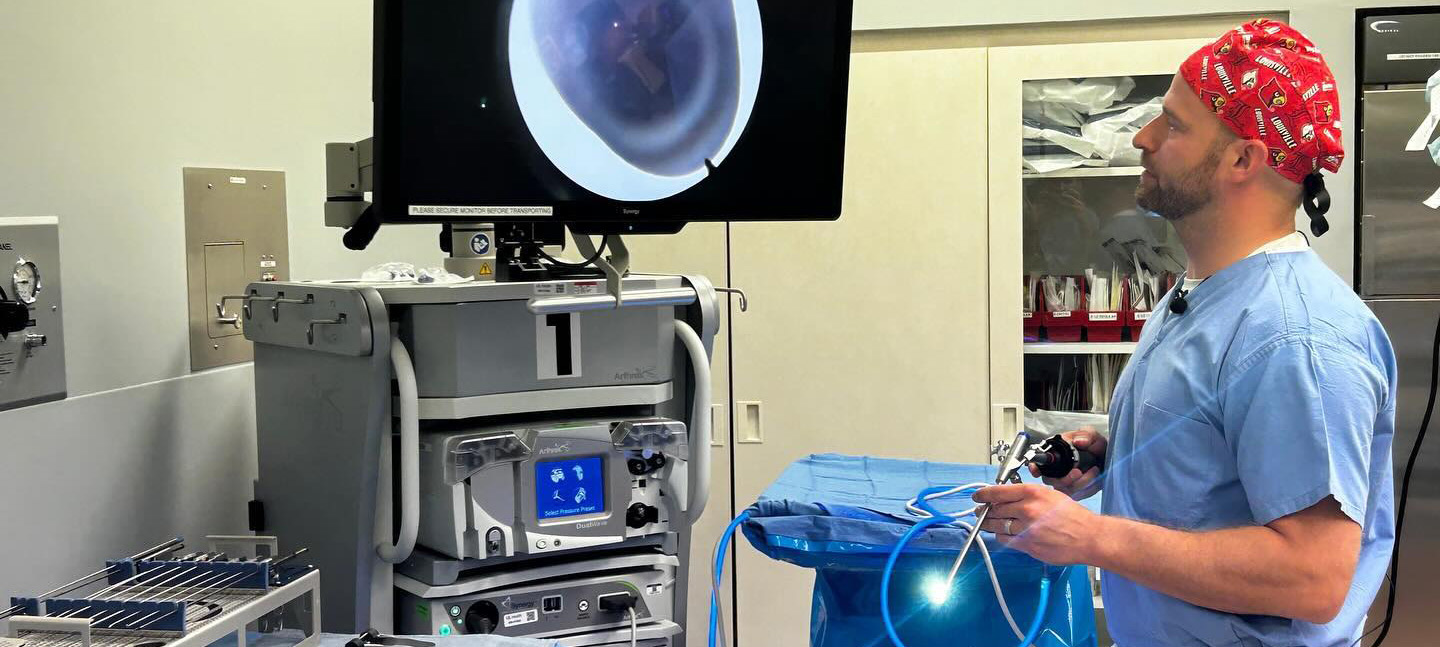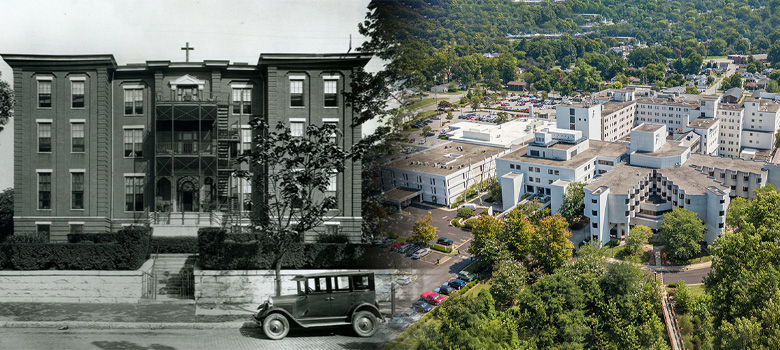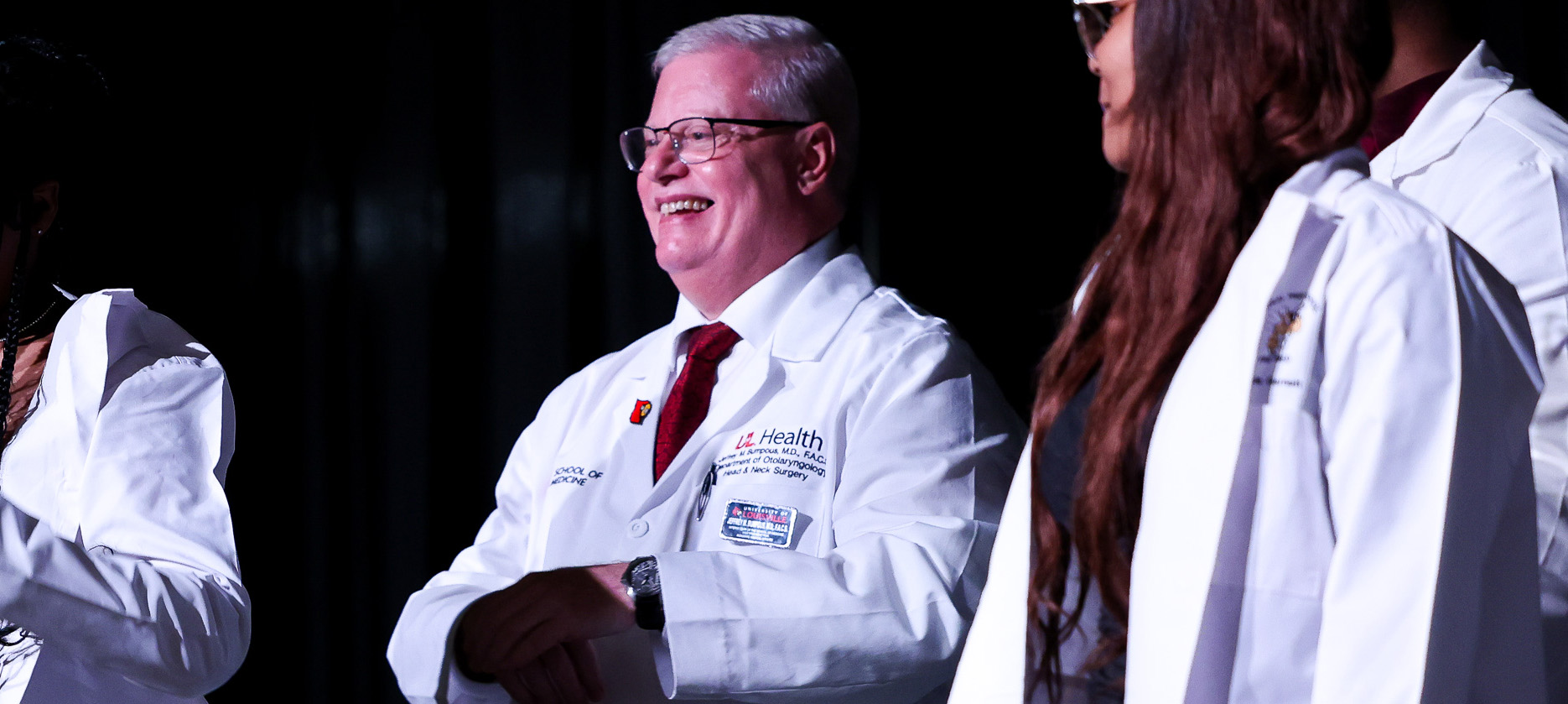As the leading academic health care system, UofL Health is committed to providing education to our community and pioneering the treatments that are shaping the future of health care.
As a trusted partner in the care of patients in the communities we serve, we want to support your team with the most relevant and current training available.
Our experts in trauma, burn, stroke and heart care are available to provide training and educational courses to your team at your location. In addition to the courses outlined here, we can offer customized training to meet your specific needs.
Burn/Trauma
Certification Courses
Advance Burn Life Support (ABLS) –
For physicians, nurses, physician assistants, nurse practitioners, therapists and paramedics. The course provides guidelines in the assessment and management of burn patients during the first 24 hours after an injury.
Advance Trauma Life Support (ATLS)
Designed for doctors, residents, physician assistants and nurse practitioners who care for injured patients. The course objective is to provide an organized approach for evaluation and management of seriously injured patients.
Trauma Nursing Core Course (TNCC)
Provides attendees with basic trauma knowledge and psychomotor skills. This course is sponsored by the Emergency Nurses Association.
Rural Trauma Team Development Course (RTTDC©)
Assists health care professionals in a rural environment in determining the need to transfer the patient to a higher level of care. The purpose of the course is to increase the efficiency of resource utilization and Improve the level of care provided to the injured patient.
Injury Prevention
Stop The Bleed
Designed to teach bystanders how to stop life-threatening bleeding using compression and tourniquet techniques. For medical personnel, we can offer a train-the-trainer course so you can take this education to your community.
Burn/Trauma contacts:
Tracie Burchett, BSN, RN, TCRN
Trauma Outreach and Education Coordinator
Tracie.Burchett@UofLHealth.org
Haily Smith, BSN, RN, CCRN
Burn Educator and Resource Nurse
Haily.Smith@UofLHealth.org
Heart
Cardiac Emergencies
Course instructs professionals on recent trends in cardiovascular disease management including:
- Pathophysiology of Cardiovascular disease
- 12-Lead EKG interpretation and use
- Acute Coronary syndrome
- Myocardial Infarction – signs, symptoms, treatment and outcomes of STEMI and NSTEMI patients
- Cardiogenic Shock (CS)
- Resuscitation methods
Course can be modified to fit the needs of the EMS staff
EKG Training
12-Lead and 3-Lead EKG training, interpretation and practice.
CS and Resuscitation
Basic pathophysiology of CS, best practices and treatment options. Interventions are explored and demonstrated for shock and resuscitation patients.
Catheterization Lab Observation Experience for EMS
An invitation for all EMS staff to observe heart catheterization procedures for educational purposes in our cath labs at UofL Health – Jewish Hospital and UofL Health – Mary & Elizabeth Hospital. EMS staff are always welcome to observe STEMIs.
Hear Care contact:
Greg Brislin, MS
Program Manager, Chest Pain Center
Gregory.Brislin@UofLHealth.org
Stroke
Large Vessel Occlusion Identification
Designed for EMT’s, advanced EMT’s, paramedics and nurses to learn proper methods to rapidly identifying potential large vessel occlusions that would benefit from mechanical thrombectomy.
Alteplase and EMS
Designed for EMT’s, advanced EMT’s and paramedics who care for stroke patients during the interfacility transfer after being administered Alteplase.
NIHSS and EMS
Designed for EMT’s, advanced EMT’s and paramedics who may work in a setting where they will have time to perform an National Institutes of Health Stroke Scale (NIHSS), the gold standard for stroke severity assessment.
Community - Stroke Awareness/Prevention Program
Designed for members of the community to rapidly recognize stroke like symptoms and to active 911. In addition to recognition and activation, they will have a better understanding of how to prevent strokes.
Best Practices for Emergency Departments not seeking Stroke Certification
This course is offered to those facilities that do not have the resources to seek a Stroke Certification at their facility but are still able to provide the best possible care for those they treat.
Stroke Care contact:
Brandon Heming, A.A.S. NRP
EMS, Community Outreach Coordinator
UofL Health – Stroke
Brandon.Heming@UofLHealth.org





